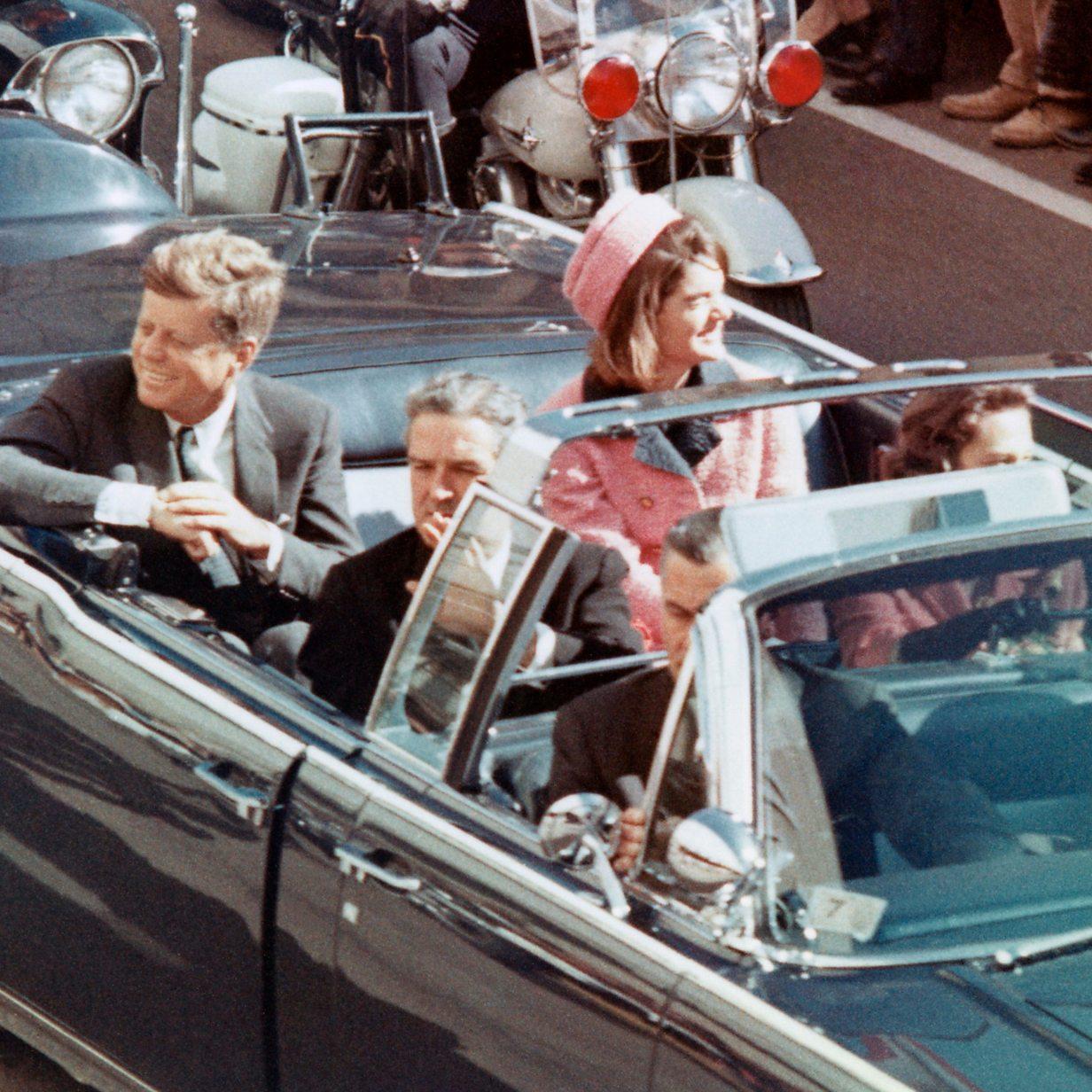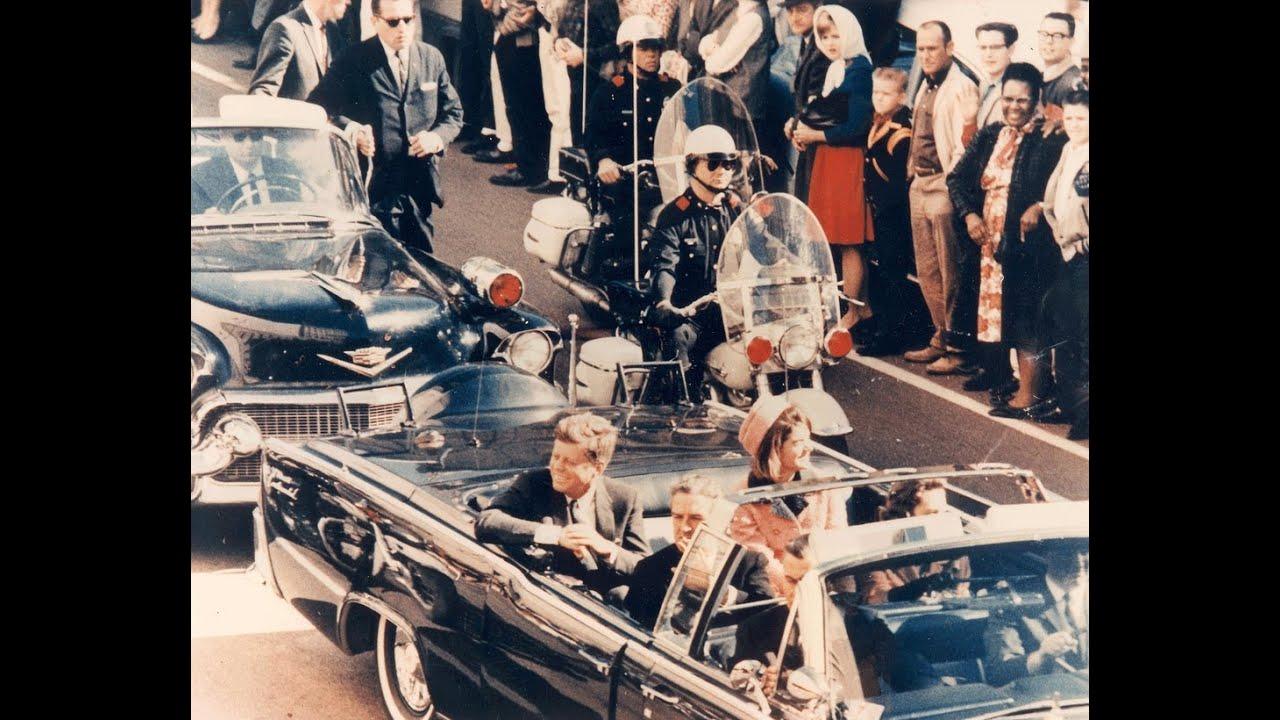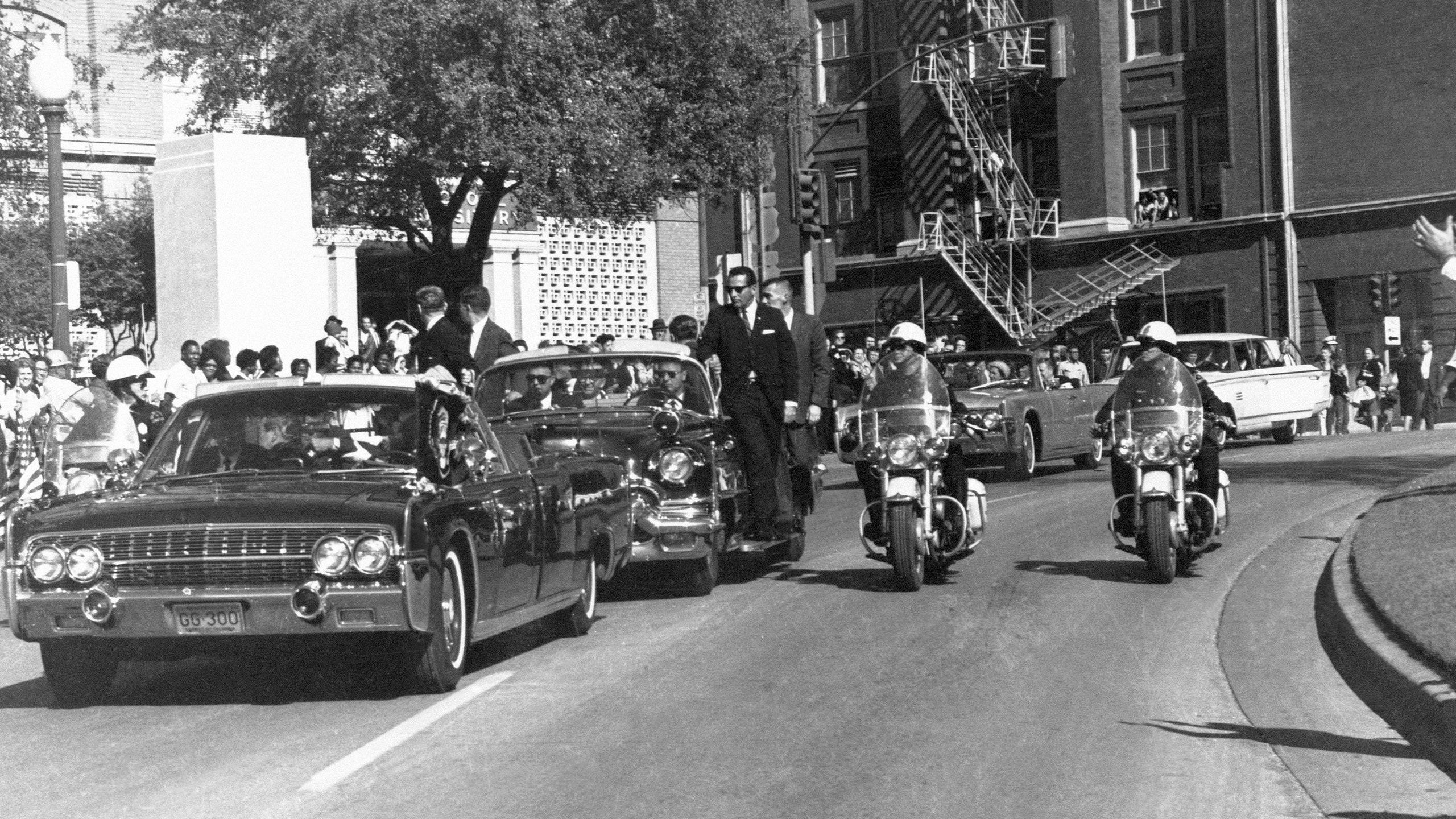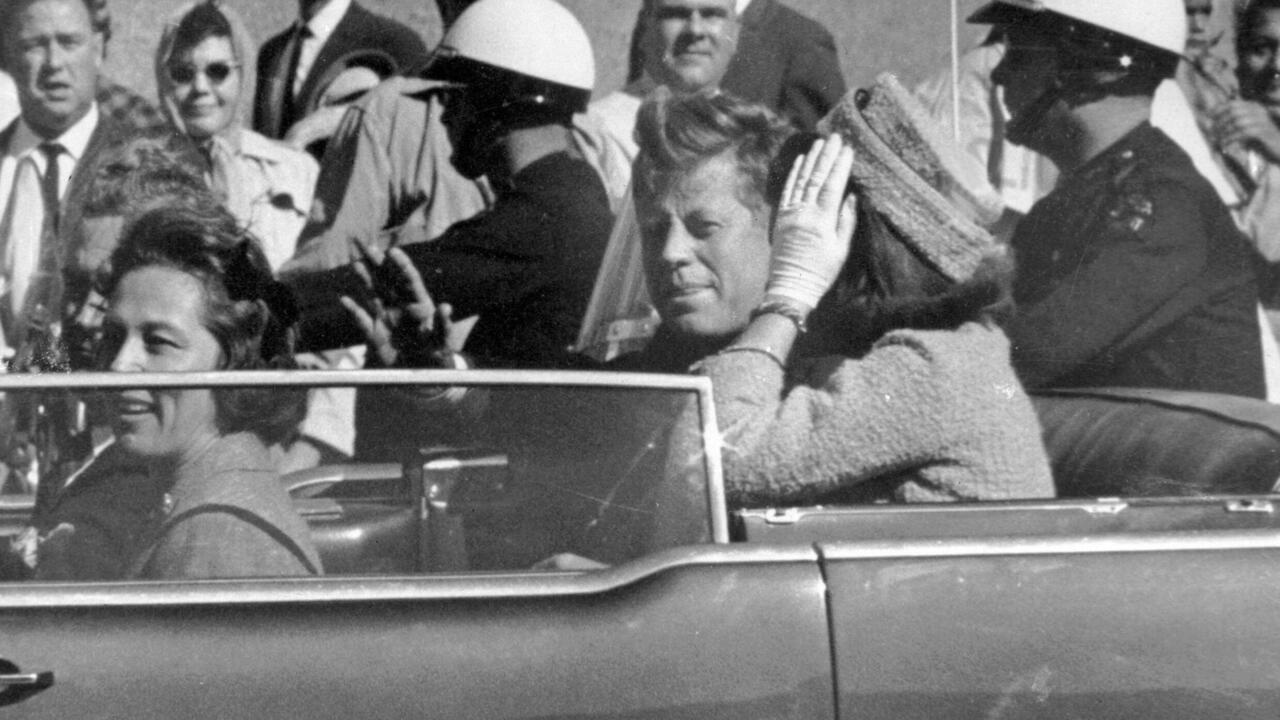Impact of National Trauma on Cultural Shifts
The assassination of President John F. Kennedy on November 22, 1963, sent shockwaves through American society, shattering the collective sense of security and optimism that characterized the early 1960s. In the wake of this national trauma, the cultural landscape began to shift dramatically. The innocence of the decade was replaced by a pervasive sense of disillusionment, leading to a quest for new voices that could articulate the complexities of this changing reality. The Beatles, who emerged during this tumultuous period, became emblematic of this cultural upheaval, providing an escape and a new identity for a generation grappling with emotional upheaval.
This generational shift was marked by a yearning for authenticity and connection, which The Beatles embodied through their music and public personas. As Americans mourned the loss of their leader, they sought solace in cultural phenomena that broke from tradition. The Beatles offered a sound that was fresh, innovative, and saturated with themes of love and revolution, resonating deeply with a youth that felt disconnected from the status quo. This convergence of national trauma and the rise of new cultural expressions became fertile ground for The Beatles to not only break into the U.S. market but to redefine it, fostering an era that embraced both musical innovation and a challenge to social norms.

The Role of Timing: When Beatlemania Met Political Upheaval
As the shockwaves of President John F. Kennedy’s assassination rippled through American society in November 1963, a nation steeped in mourning was suddenly receptive to new sounds and sensations. The Beatles, who had already begun to cultivate a devoted following in the UK, found themselves in a unique position as they crossed the Atlantic. Their upbeat music and infectious energy offered a stark contrast to the somber mood pervasive in the United States. The timing of their arrival was pivotal; it coincided with a collective longing for joy and escapism, igniting a cultural shift that transcended the music scene.
During this turbulent period, the convergence of Beatlemania and political upheaval can be broken down into key factors that contributed to the band’s meteoric rise in the U.S.:
- A Distracted Nation: Americans were grappling with profound grief, causing them to turn to entertainment as a means of relief.
- Changing Social Norms: The 1960s ushered in a wave of youth culture and rebellion, positioning The Beatles as authentic voices of a generation seeking change.
- The Power of Media: Televised appearances, especially on The Ed Sullivan Show, introduced the band to millions, creating a national phenomenon that blurred the lines between music and cultural revolution.

Media Landscape Changes and the Rise of British Invasion
The early 1960s marked a significant turning point in the American media landscape, profoundly shaped by the tragic events surrounding President John F. Kennedy’s assassination in November 1963. The ensuing national grief and longing for cultural renewal created a unique climate that made American audiences increasingly receptive to new and emerging artists from abroad. As television news took center stage, showcasing the somber aftermath of JFK’s death, it also set the stage for a cultural shift that would embrace the invigorating sounds of British music, particularly the distinctive pop-rock style that The Beatles epitomized. Their arrival on The Ed Sullivan Show in February 1964 was not just a concert; it was a cathartic moment for a nation seeking solace and joy amidst uncertainty.
The Beatles, with their infectious energy and innovative sound, became the poster band for this British Invasion, flourishing in an environment that craved a break from the troubles of the time. Several factors fueled this phenomenon, including:
- A Surge in Youth Culture: The post-war generation, now teenagers and young adults, were eager for new forms of expression and rebellion against the status quo.
- Media Dynamics: The power of television and radio in uniting audiences around new musical trends played a pivotal role in amplifying The Beatles’ reach across American households.
- Cultural Exchange: Artists like The Beatles represented a fresh perspective in music, blending American rock and roll influences with their British roots, capturing the hearts of an audience longing for novelty.
In this complex landscape, The Beatles emerged as not just a musical group but an emblem of a cultural renaissance, ultimately shaping the sounds and sensibilities of the 1960s. Their journey from Liverpool to global icons symbolized not just a shift in music but a response to the evolving narrative of a nation in search of hope and excitement.

Strategies for Engaging Audiences in Times of Crisis
The assassination of President John F. Kennedy in 1963 marked a profound moment of national grief and reflection in the United States. Amidst the political turbulence and emotional turmoil, cultural phenomena, such as The Beatles, began to emerge as beacons of hope and joy. This surreal juxtaposition offered the band a unique opportunity to connect with an audience eager for distraction and light-heartedness. By stepping onto the American stage just a few months after Kennedy’s shocking death, The Beatles unwittingly became symbols of resilience, channeling post-crisis sentiments into their music and persona. Their infectious energy provided a necessary balm in a time when the nation was grappling with loss and uncertainty.
To effectively engage audiences during such turbulent times, performers and creators can adopt several strategies:
- Authenticity: Stay true to your artistic identity while being sensitive to current events.
- Connection: Use storytelling to resonate with the audience’s emotions and experiences, offering a sense of solidarity.
- Hope and Positivity: Infuse your work with uplifting themes and messages that encourage optimism and resilience.
- Community Engagement: Foster dialogues with your audience, creating safe spaces for them to express their feelings and thoughts.
